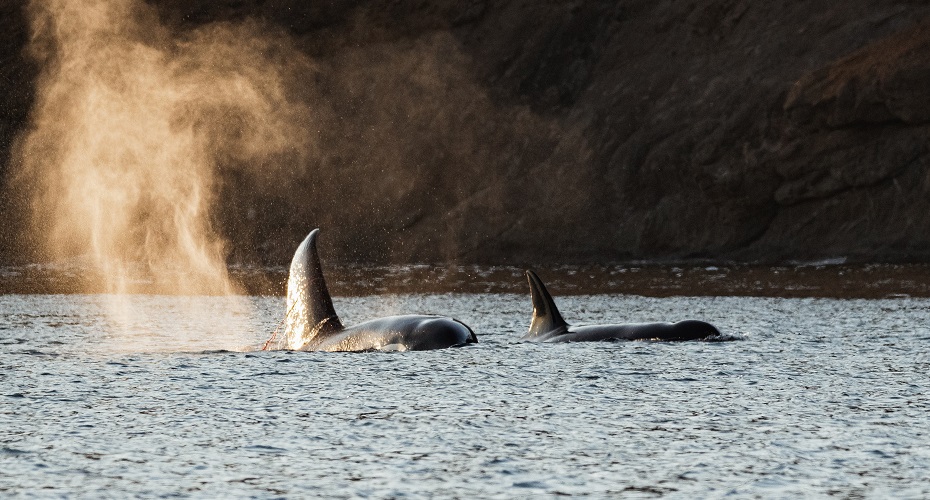Our research
A few key research themes in CRAB are listed below. This list is intended to give a general flavour of some our research, but all of us have research interests beyond those in the list below. Please see individual profile pages for a fuller picture of our interests.
The how and why of social decisions
We are interested in the mechanisms that underpin the relationships between animals. This includes understanding the role of physiology, experience, aggression, and cooperation in developing and maintaining social bonds.
Staff members working on this question include Andy Higginson, Darren Croft, Lauren Brent, Safi Darden, Sam Ellis, Tim Fawcett
The consequences of sociality
We are interested in the implications of social decisions for, among other things, social network structure, welfare, fitness, health, ageing and the evolution of menopause.
Staff members working on this question include Darren Croft, Lauren Brent, Paul Rose, Sam Ellis
Sexual and mating behaviour
We are interested in how individuals attract and choose mates- and the behavioural and evolutionary implications of these decisions.
Staff members working on this question include: Joah Madden, Safi Darden, Tim Fawcett
Perception and Decision-Making
We are interested in the mechanisms underlying - and evolution of – perception, cognition and decision-making in animals.
Staff members working on this question include Andy Higginson, Joah Madden, Lisa Leaver, Natalie Hempel de Ibarra, Stephen Lea
Mechanisms of behaviour
We are interested in the hormonal, physiological and neurophysiological basis of behaviour.
Staff members working on this question include: Andy Higginson, Lauren Brent, Natalie Hempel de Ibarra, Safi Darden, Stephen Lea, Tim Fawcett
Welfare and conservation
We are also interested in applying the study of animal behaviour. Key applications of our research include: animal welfare, conservation and understanding ecological-impacts.
Staff members working on this question include: Andy Higginson, Paul Rose, Joah Madden

